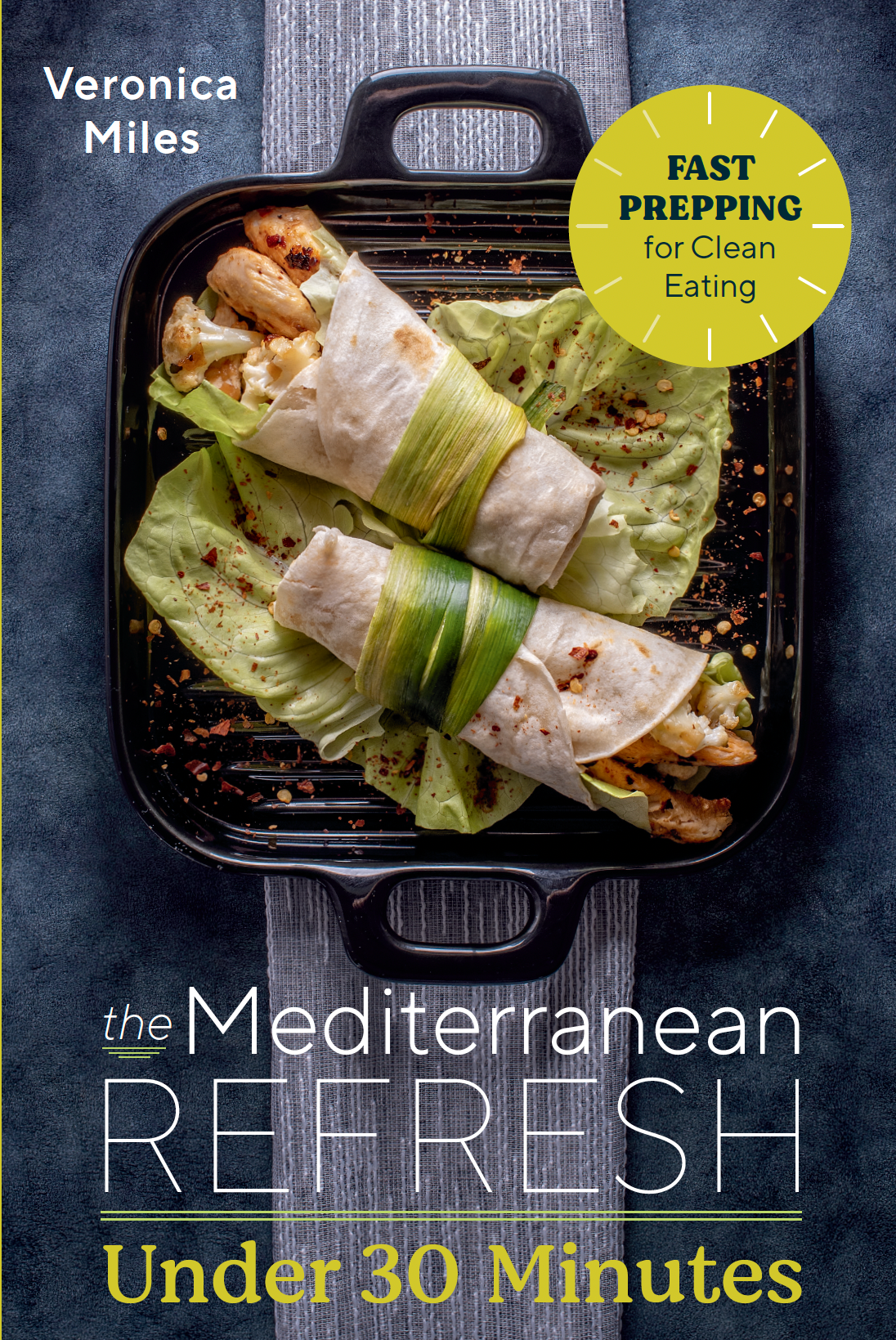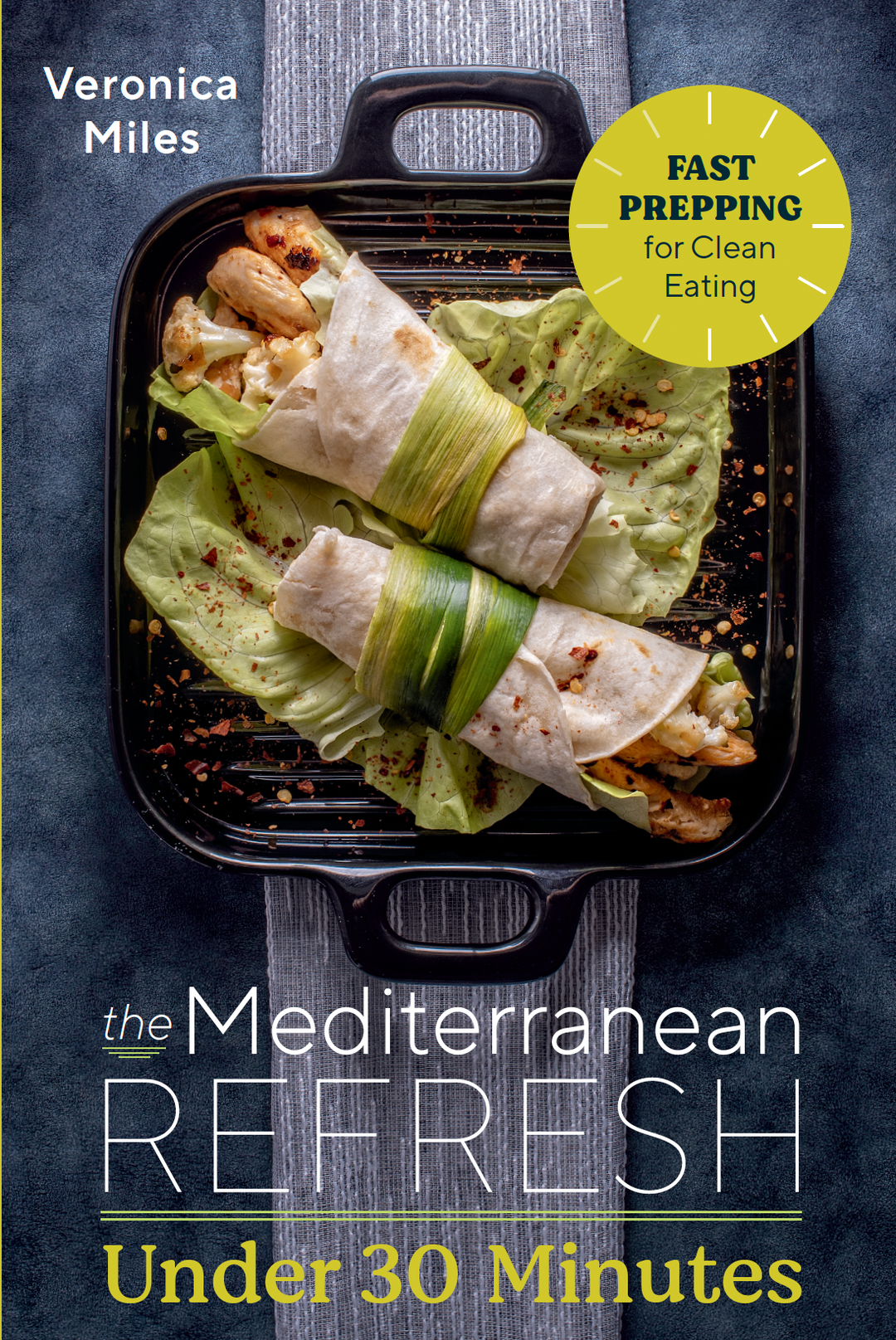12 Insider Tips on Navigating Publishing Opportunities in the Health Sector
Navigating the world of publishing opportunities in the health sector can be daunting, especially for those new to the field. With ever-changing trends, a multitude of platforms, and a complex audience, having the right guidance can make all the difference. In this article, we’ll explore essential tips that will help you confidently tackle publishing in the health landscape. Whether you’re a budding health writer or an established professional, these insider tips will equip you to seize the best opportunities.
1. Understand Your Audience
One of the first steps in navigating publishing opportunities is to understand your audience. This means being aware of who you are writing for and what their specific needs and interests are. For instance, healthcare professionals may require more technical language and data, while the general public will benefit from clear, easy-to-understand explanations. By tailoring your content accordingly, you can significantly improve engagement and ensure your message resonates.
Additionally, consider the platforms you are using to reach your audience. Different demographics gravitate toward specific social media channels, so knowing where your target audience spends their time can guide your publishing strategy. Researching audience preferences and current engagement trends can provide insight into how to optimize your outreach effectively.
2. Research Current Trends
Staying updated with current trends in the health sector is not just beneficial—it’s essential. This landscape is always evolving, and what was relevant last year may not hold the same weight today. Google Trends, industry-specific journals, and social media discussions can serve as valuable resources to identify trending topics. Understanding these trends can give you insight into your audience’s interests and foster timely, relevant content.
For example, topics such as mental health awareness or telehealth adoption have gained traction in recent years. By producing content around these themes, you can position yourself as a knowledgeable authority in the field. Additionally, look out for emerging technologies and their implications on health. Crafting articles about how artificial intelligence is shaping patient care could attract significant attention.
3. Identify Your Unique Voice
Identifying your unique voice is a critical step in your writing journey. Your voice reflects your personality and deeply influences how your message is conveyed. Once you discover it, your writing will resonate more profoundly with your readers. Consider what sets you apart—maybe it’s your sense of humor, a knack for storytelling, or your ability to simplify complex concepts. Incorporate these elements into your writing to stand out amidst a sea of information.
Authenticity is a vital component of this journey; your audience will connect more openly with genuine content that reflects true experiences and emotions. Don’t hesitate to share personal anecdotes or insights that have shaped your perspective. This not only enriches your articles but also builds trust with your readers. Remember, combining your knowledge with a distinct voice invites readers to engage more meaningfully with your content.
4. Network with Industry Professionals
Networking with industry professionals is an invaluable tool in navigating publishing opportunities. Building relationships can lead to collaborations, insights, and even job opportunities that may not be publicly advertised. Attend conferences, workshops, and seminars to not only learn but also to connect with like-minded individuals. Authentic connections within the health sector can enrich your understanding and help you stay informed about industry shifts.
Moreover, platforms like LinkedIn are a goldmine for professional networking. Don’t be shy about reaching out to individuals whose work inspires you. A simple message expressing admiration for their work can open doors to mentorship or collaboration. As you develop your network, you’ll find that sharing experiences and perspectives can uncover new horizons for your publishing endeavors.
5. Utilize Social Media Effectively
In today’s digital age, effective utilization of social media is crucial for gaining visibility in the health sector. Social media platforms can serve as powerful tools for sharing your work, engaging with your audience, and building a community around your niche. Tailoring your content for each platform is key. For instance, Twitter is great for quick updates and links, whereas Instagram could highlight graphics or quotes from your articles.
Moreover, leveraging trends such as hashtags can boost your reach. Engaging with followers by asking questions, or even creating polls can foster a sense of community and increase interaction with your content. Don’t forget to share insights or takeaways from your articles, as this not only drives traffic but also encourages discussions that can lead to new opportunities.
6. Explore Diverse Publishing Platforms
Exploring diverse publishing platforms is essential for maximizing your reach and impact. The health sector is vast, and there are numerous avenues available, from traditional print journals to online blogs and even self-publishing. Each platform offers unique advantages; for example, traditional publications tend to have higher status, while blogs allow for more frequent updates and personal expression.
The rise of niche websites also presents new opportunities for targeted content. Consider seeking out platforms within specific subfields of health that resonate with your expertise. For example, if you have a background in mental health, contributing articles to websites dedicated to psychological well-being could position you within an engaged audience eager for insights.
7. Consider Open Access Publishing
Open access publishing is an increasingly popular option that provides readers with free access to research and content. This model not only helps disseminate knowledge widely but also increases the visibility of your work. Many academic and professional journals now offer open access options, thereby broadening the potential audience for your articles.
However, it’s imperative to ensure that the open-access journals you choose meet quality standards and have good reputations. Look for those indexed in recognized databases. By contributing to these publications, you can promote transparency and accessibility in health education, contributing positively to a global knowledge base.
8. Keep Up with Regulations
Keeping up with regulations is vital for anyone involved in health publishing. Regulations surrounding health information evolve frequently and can significantly impact how you present your content. Familiarize yourself with guidelines established by institutions like the World Health Organization (WHO) or the Centers for Disease Control and Prevention (CDC). Undertaking this diligence is not only responsible but also positions you as a credible source in your writing.
Adhering to regulations ensures that your content is ethical and compliant with relevant guidelines, which can foster trust with your audience. It may also help you avoid potential legal pitfalls. Consider attending workshops or training to stay updated with the latest regulatory changes in health communication, allowing you to publish effectively without compromising standards.
9. Engage in Continuous Learning
Engaging in continuous learning is pivotal for success in the health publishing sector. The field is not static; new research, innovative technologies, and emerging health issues require us to adapt constantly. By investing time in learning—whether through courses, webinars, or reading up on the latest studies—you not only enhance your knowledge but also sharpen your writing skills.
Participating in professional development opportunities can also introduce you to thought leaders in the industry and potentially provide networking opportunities. Remember that staying curious and open to new information will keep your work relevant and compelling, thereby attracting a more engaged audience.
10. Craft Compelling Proposals
Crafting compelling proposals is a vital aspect of the writing process, especially in health publishing. A strong proposal not only reflects your understanding of the subject matter but also showcases how your piece will contribute to the ongoing discussion. Start by capturing the interests of your reader with an engaging summary of your topic and its relevance. Outline your main points clearly and specify what makes your perspective unique.
Also, include any relevant experience or research to bolster credibility. Proposal templates from health journals can guide you, providing a structure that aligns with industry standards. Remember, a well-structured proposal can be the gateway to valuable publishing opportunities.
11. Leverage Feedback for Improvement
Feedback is often a crucial component of growth in your writing career, and leveraging it effectively can lead to significant improvement. Whether you receive feedback from editors, peers, or readers, treating it as a learning opportunity rather than criticism can open doors to enhancing your writing skills. Constructive feedback can illuminate areas requiring attention, allowing you to refine your approach and ensure clarity in your messaging.
Moreover, consider creating a writing group or workshop where you can exchange ideas and critiques with fellow health writers. The perspective of others can enhance your understanding and the quality of your work. Remember, refining your craft is a continuous process, and embracing feedback makes for a more resilient and adaptable writer.
12. Stay Resilient in the Face of Rejection
In the world of publishing, facing rejection is almost a rite of passage. It can be disheartening, but it’s important to maintain resilience. Viewing rejection as an opportunity for growth rather than a definitive end can transform your approach. Each rejection can prompt you to reevaluate your work and, in many cases, lead you to stronger ideas and submissions that will resonate better with your audience.
Additionally, remember that even the most established writers encounter rejection. Sharing experiences within your network can foster a sense of camaraderie and motivate you to persevere. Cultivating resilience can empower you to keep submitting your work, seeking those golden publishing opportunities that await.


























